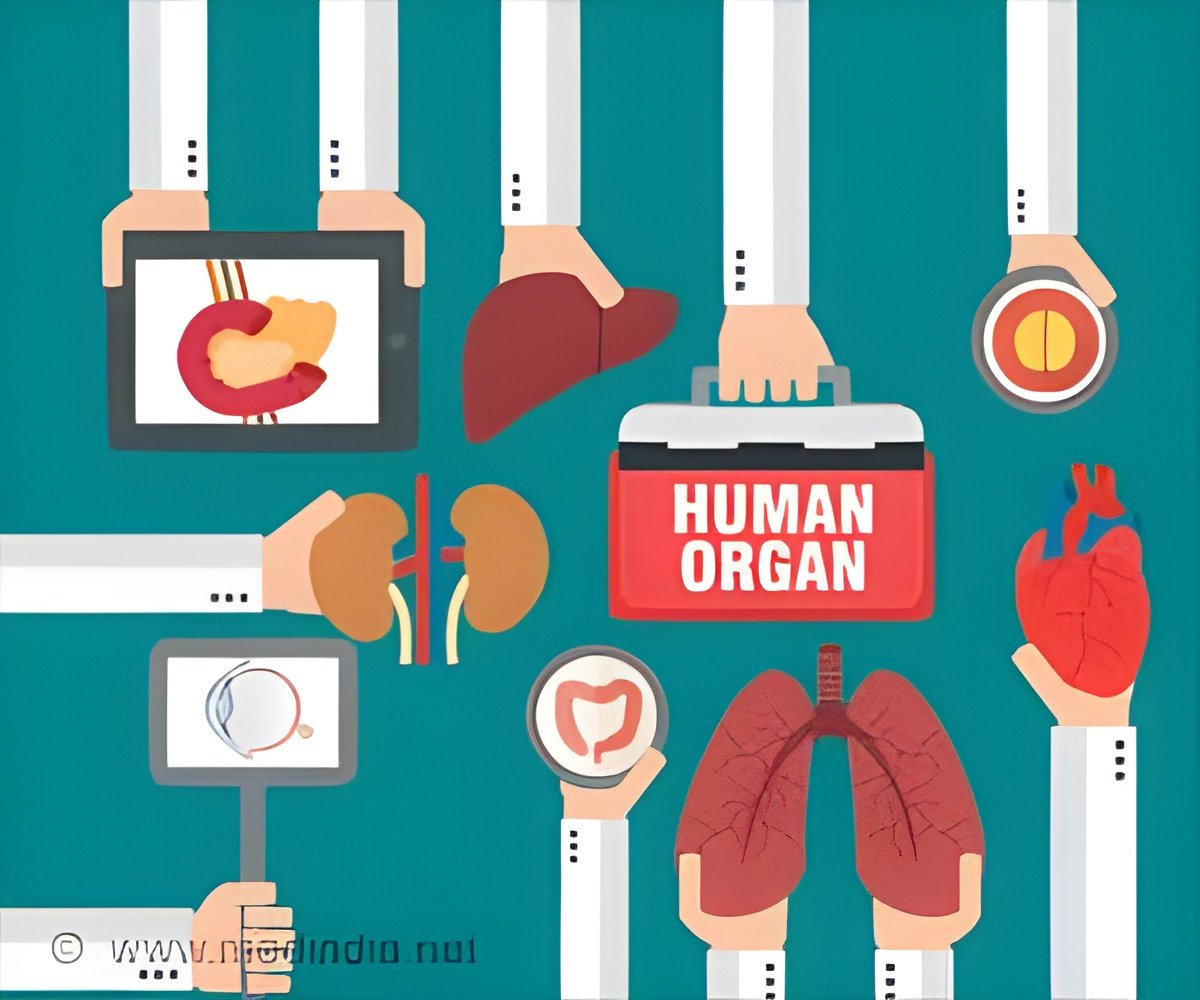Since 2006, Ontario organ donation has increased after the implementation of a new Canadian policy, Donation after Circulatory determination of death (DCD).

‘Donation after circulatory determination of death has had a positive effect in Ontario in terms of both overall numbers of donors and transplant activity.’





And Because of the lack of organ donors and other factors, waiting lists for donations of lungs, kidneys, livers, and hearts were long, and recipients often died while waiting depending upon their need of different major organ."The most important development in efforts to expand the donor pool has involved donation after [DCD]," writes Dr. Vivek Rao, Multiorgan Transplant Unit, Toronto General Hospital and the University of Toronto, Toronto, Ontario, with coauthors.
Researchers compared data from the pre-DCD period (2002/03 to 2005/06), early DCD period (2006/07 to 2009/10) and recent DCD period (2010/11 to 2013/14) to understand trends in organ donation after introducing the policy.
"Donation after circulatory determination of death has had a positive effect in Ontario in terms of both overall numbers of donors and transplant activity," state the authors.
"Donation after NDD does not appear to have been adversely affected. Although there are disparities among organ groups, we foresee that an active DCD program will continue to have a positive effect on all solid-organ transplant recipients," they conclude.
Advertisement
This significant finding is instructive for the rest of the country. Substantial variation in organ donation rates between provinces still exists and can be explained largely by variable degree of DCD implementation.
Advertisement
Canada must continue to focus on increasing organ donation and preventing death and disability for potential transplant candidates.
The research study was conducted by researchers from Toronto General Hospital, University Health Network, St. Michael's Hospital, the University of Toronto, Trillium Gift of Life Network, Toronto, Ontario; and Children's Hospital of Eastern Ontario, Ottawa, Ontario.
Source-Eurekalert









